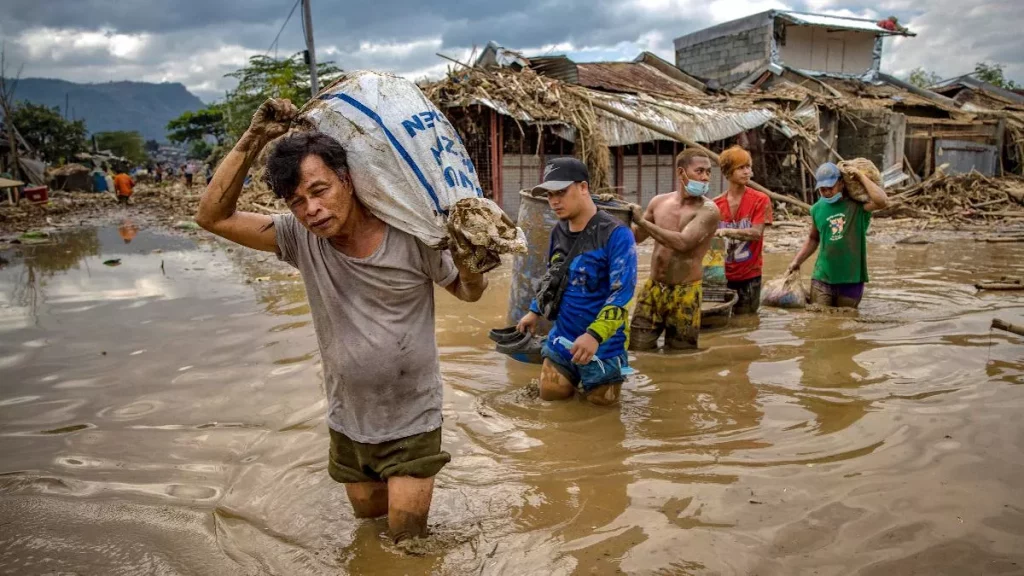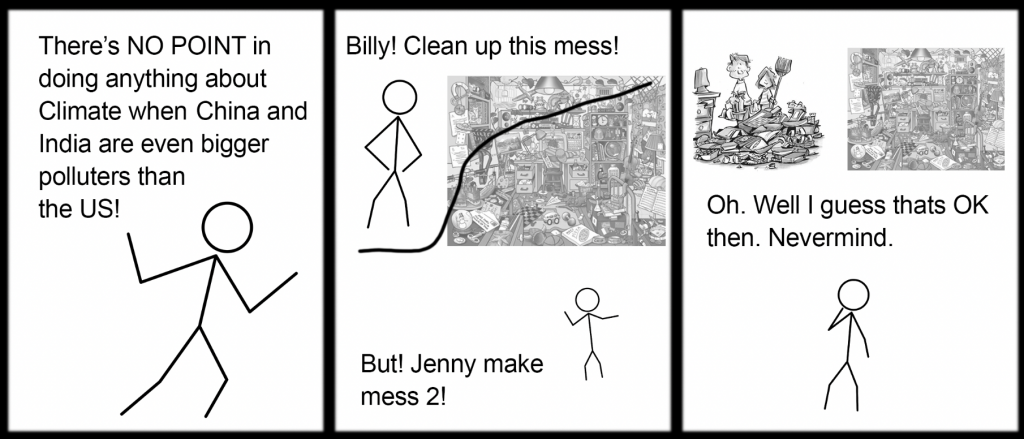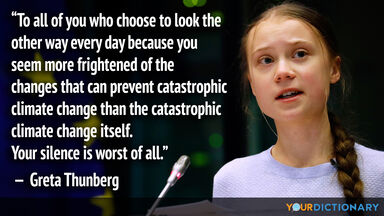There are a few ways out of the despair loop. The what?
The despair loop. That completely engaging cyclic thought train that keeps one occupied with no benefit. The wallowing in how things didn’t go the way they ought. The deepening of the dilemma by taking in more negative perspectives that reinforce the one you already hold. The doomscrolling of the newsfeed that feeds you more of what you engage with – and because you engaged with the negative-bias perspectives, you get more of that.
That loop. Ever been there? Me too.
For me the despair is usually related to climate and complete dysfunction of the political apparatus when it comes to dealing with climate issues. Lately my despair has been hijacked a bit by AI and robotics related concern. Take a look at any of the entries under ‘On Climate’ and you’ll see some of the despair on your screen. Nonetheless, optimism > pessimism and of course, optimism is the path to solution-focus. Optimism, however, can get us into trouble too. Pragmatism lies somewhere in the middle.
Dangerous Pessimism
This one is easy. Its the default position for many. See the danger. Shut down. Decry there is no point in trying.
When it comes to climate, this usually looks like “they do it too, so why do anything” (blamists), or, “its too big for me to deal with” (fatalists), or “human presence is too small to affect climate” (denialists), or “well I’m just one person, my changing won’t do anything really” (solipsists).
I’m guilty of at least 2 of these over the course of my life. I’ve been aware of and concerned about climate change since I read about it in my “Weekly Reader” back in 5th grade (i.e. in the late 70’s!).
But not anymore.
Dangerous Optimism
Some think climate change is all just natural cycles and will work itself out eventually, and if humans are not part of that future, so be it. I list this under optimism because they still think it will sort itself regardless, and seem to think that if humanity largely dies out, that’s just how it was supposed to be.
Others think climate change just isn’t really an issue and we’ll all be fine and don’t worry about it. I think this is becoming more rare as more folks are directly affected, or someone they know is directly affected. A friend whose house burned down or was smashed by a tornado or worse, lost a loved one to the ever-more-common weather catastrophes.
The scariest perspective is “technology will save us, so I don’t need to do anything”. Whether you think its AI, Robots, Science and Technology in general – there is a naive, myopic, self-centered rationalization going on that helps you disregard your impact, and the impact of the companies who make/sell/deliver the products that you buy. This perspective I am calling “Brotopia“. A completely irrational and unjustified reliance on the silicon valley bros to somehow row us out of the ever-deepening swirling vortex of climate hell that we have found ourselves in.
Pragmatism
Don’t buy into Brotopia. All of you who think that these billionaires and billionaire-hopefuls have your best interests at heart, have the planets wellbeing in mind – for the love of all that used to be clean air – stop it. Greed leads to power. Power corrupts. You don’t have to look far to find examples of this just about everywhere in American corporations and politics (and abroad but…home is here in the US for me).
Yes I love that Bill Gates wants to do more nuclear stuffs and fusion stuffs, as does Sam Altman and others. Absolutely love it. You can love it too. Even believe it!
But do not believe that this releases you from a duty to yourself, your community, and your world to do your personal utmost to minimize your potentially climate-impacting activities.
The pragmatic person takes action. Action is the antidote to despair. The pragmatist would do everything they could, AND remain hopeful/optimistic that it matters. The pragmatic person would recycle even though the latest news tries to convince them its pointless. The pragmatic person would drive an electric car even though the news says they don’t fare well in deep cold. The pragmatic person would write and call their congress-person and lobby for legislation that moves the needle on the problem. And more…
So don’t be pessimistic. Be cautious with your optimism. Be pragmatic.
Above all, let go of the magical thinking. Don’t rely on those who profit from fear-pandering to save us all and usher in a new era of climate wellness. It’s really not in their best interests.



